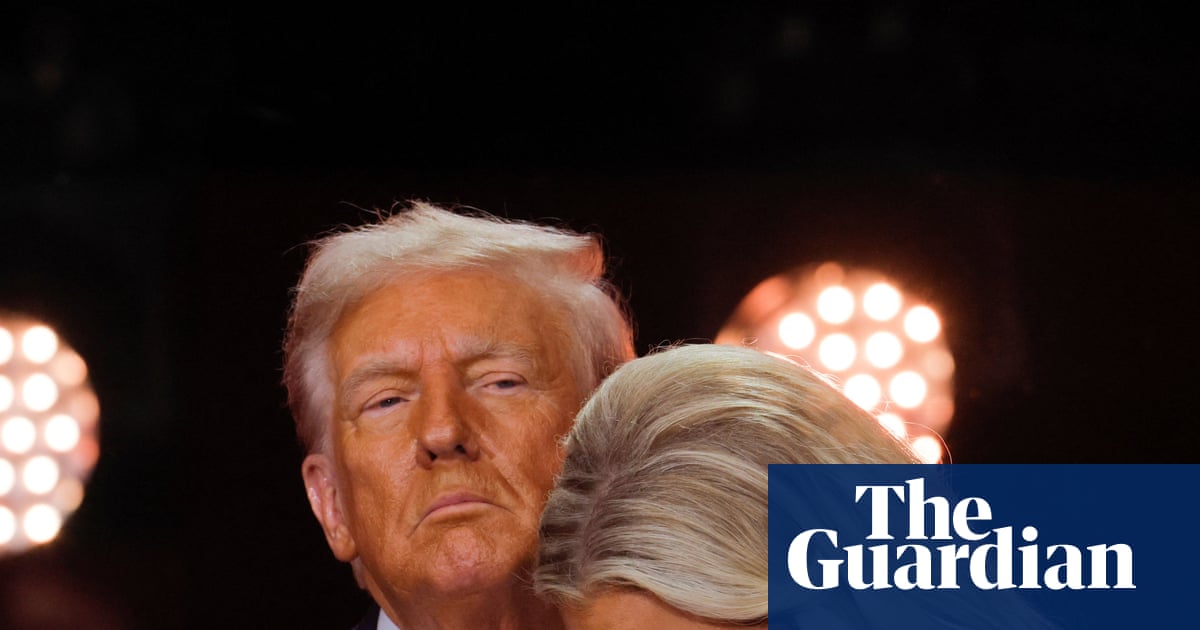Stephen Miran, Donald Trump’s new appointee on the Federal Reserve’s interest-rate-setting board, has doubled down on his calls for the central bank to more aggressively cut interest rates.
Last week, the Fed cut interest rates by a quarter point, bringing rates down to a range of 4% to 4.25% – the lowest it’s been since early 2023. Out of 12 voting board members, Miran was the only one to vote against the crowd. He wanted a half-point cut, not a quarter-point cut.
Miran told the Economics Club of New York that rates should be below 3% by the end of the year, and dismissed fears that the US president’s tariffs were stoking inflation.
“Relatively small changes in some good prices have led to what I view as unreasonable levels of concern,” Miran said, adding that tariffs would ultimately lead to “substantial swings in net national savings” for the country.
That is a very different view from the one that Fed chair Jerome Powell spoke of last week.
“Higher tariffs have begun to push up prices in some categories of good, but their overall effects on economic activity and inflation remain to be seen,” Powell said. While it seems like inflation from tariffs may be “relatively short-lived, a one-time shift in the price level”, inflation could be “more persistent”.
“That is a risk to be assessed and managed,” Powell said.
Miran said his analysis has led him to believe that sellers from exporting countries will lower their prices. Much inflation is from rising costs in the housing market, including the rental market, which he said will see a cooling off as the US’s population decreases amid Trump’s immigration policies.
Economic data appears to be more in line with Powell’s analysis. Since April, inflation measured by the consumer price index has gone up 0.6% – from 2.3% to 2.9%.
For years, the Fed has set its target inflation rate at 2%, a rate which has not been seen since 2021. But Miran said that he sees this goal as too restrictive.
after newsletter promotion
“I just think inflation is very difficult to measure,” Miran said. “So having a very precise inflation target like that can lead to excessive micromanagement.”
The clash in views cements Miran as Trump’s economic advocate on the Fed. Miran is the first Fed governor to serve on the board while simultaneously holding a role in the executive branch in nearly 100 years. Miran is also chair of Trump’s Council of Economic Advisers, a role from which is taking a leave of absence while he serves on the Fed’s board until January 2026.
The new Fed governor on said he would continue to be a voice of dissent against the direction that the Fed is heading in, though he emphasized that his views come from his own analysis. When asked about the discussions he had with the president, Miran said that Trump “never asked me to set policy in a specific way”.
“I will always be polite and collegial, but I don’t view building with consensus for the sake of establishing consensus,” Miran said. “I’m not going to vote for something I don’t believe in just for the sake of creating an illusion of consensus where there is none.”

 German (DE)
German (DE)  English (US)
English (US)  Spanish (ES)
Spanish (ES)  French (FR)
French (FR)  Hindi (IN)
Hindi (IN)  Italian (IT)
Italian (IT)  Russian (RU)
Russian (RU)  2 hours ago
2 hours ago
























Comments